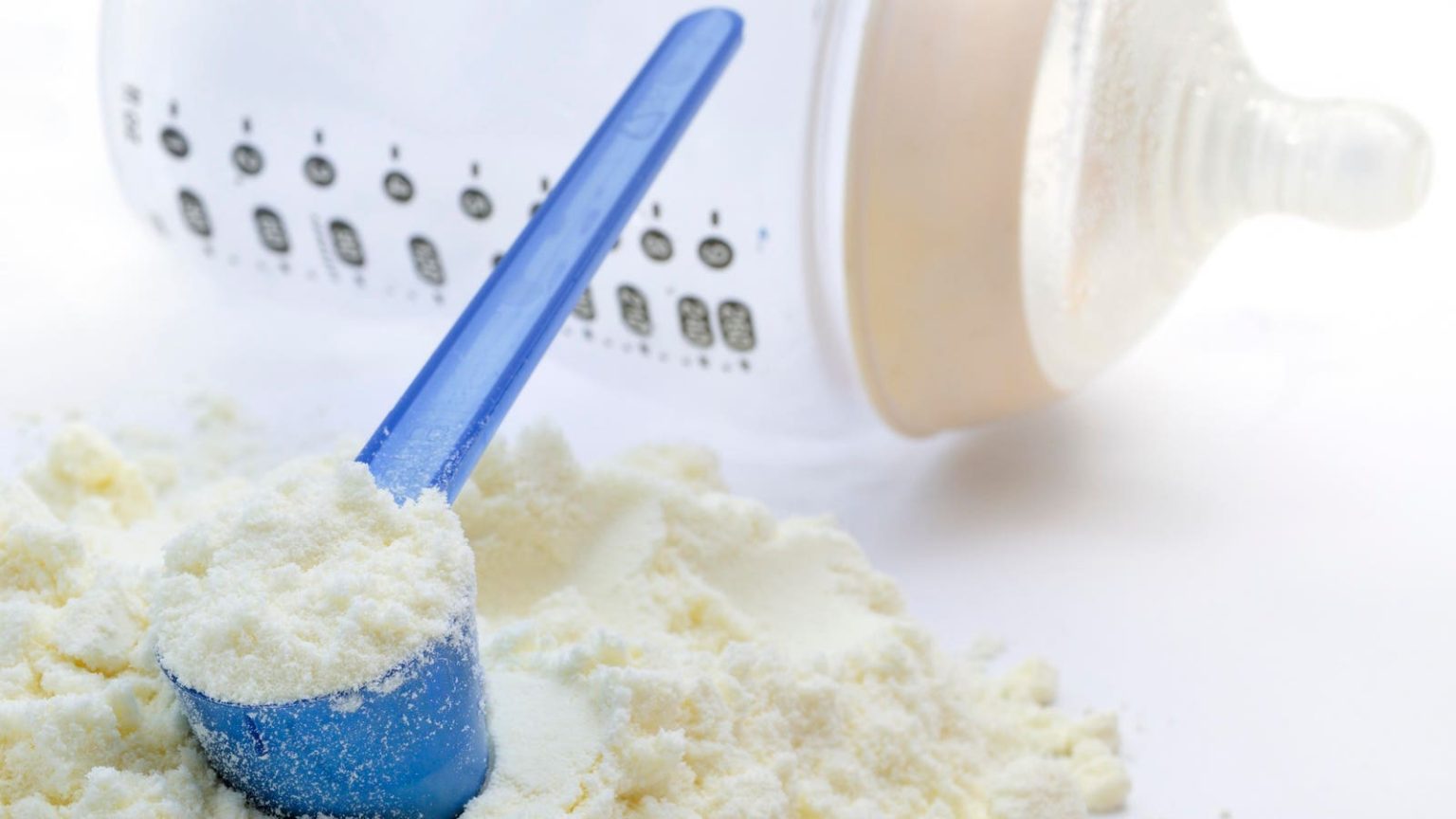Topline
“Toddler milk” (drink mixes marketed as next stage baby formulas) has been deemed unnecessary, “not nutritionally complete,” and shouldn’t replace a well-balanced diet with human or cow’s milk in a new report by the American Academy of Pediatrics.
Key Facts
Toddler milks are powdered drink mixes which contain powdered milk, sugar and vegetable oil targeted toward babies and kids six months to three years of age, and which typically make claims they improve brain function or immune function.
The report also calls out the confusing advertising practices by toddler milk brands, which are often manufactured by and share shelf space with infant formula, with companies advertising toddler milk as a necessary “next stage” or “next step.”
The AAP recommends the marketing for these products should make it very clear they are different from infant formula, and says the products should be labeled as something other than formula, like toddler drinks or beverages.
Although infant formulas for babies in their first 12 months of life are required to meet nutritional requirements as a sole source of nutrients under the Infant Formula Act, toddler milk isn’t regulated by any government entity.
The World Health Organization in 2013 deemed follow-up formulas like toddler milk as “unnecessary” and “unsuitable” when used as breast milk replacements for babies six months and older and found they had too much protein and not enough zinc, iron, vitamin B and essential fatty acids to sustain adequate growth and development.
Big Number
$92 million. That’s how much in sales toddler milk brands made in the U.S. in 2015, according to a 2020 study published in Public Health Nutrition. Toddler milk made $39 million in sales in 2006, meaning there was a 133% increase in sales in seven years. WHO found toddler milk was the fastest growing category of breast milk substitutes in 2016, with 8.6% annual growth.
Key Background
The push to make parents more aware of toddler milk’s lack of nutrition has been going on for years. Around 38% of U.S. parents believe toddler milk is equally healthy as cow’s milk and 44% believe it’s healthier, according to a study published in Nutrition Reviews earlier this year. It also discovered 60% of parents believed toddler milk could provide nutrients that kids don’t get from food and drinks. Toddler drinks are called a variety of “confusing” things like milk drink, toddler formula and toddler drink, according to research published in Preventive Medicine in 2018, which looked at popular toddler milk brands. The researchers found all toddler milk labels had at least one nutrition or health claim and most had multiple claims. They also found these labels used similar colors, logos, branding and graphics as infant formulas, which may cause confusion among parents. Only 44 countries restrict breast milk alternatives for kids one year and older and only 27 countries have legislation on follow-up formula, meaning toddler milk is allowed in most countries, WHO reports. Because of this gap in legislation, manufacturers often use cross-promotion to market infant formula and toddler milk together within the same line of products, usually labeled as stages one, two and three depending on the child’s age. WHO believes this type of marketing causes confusion and can lead to dangerous health risks in babies as toddler milk isn’t “nutritionally adequate for infants.”
Crucial Quote
“Toddler drinks are unnecessary and may undermine a nutritious diet, yet manufacturers have expanded their marketing of these products,” Jennifer L. Pomeranz, the first author of the Preventive Medicine study and assistant professor of public health policy and management at NYU College of Global Public Health said in a statement. “Therefore, it is important for labels to be clear, transparent and accurate.”
Have you heard of toddler milk? The way it’s marketed may mislead parents (UNC Gillings School of Public Health)
Read the full article here





